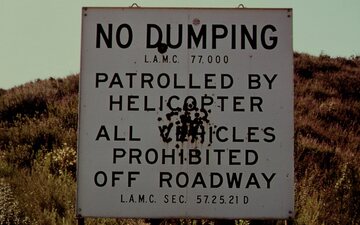
ice, chess, tractors, railroads, swords, sword fighting, mass production, pre-fab homes, photography, Segways, scissor doors, pornography, calculators
How will large language models (LLMs) change the world? No one knows. With such uncertainty, a good exercise is to look for historical analogies—to think about other technologies and ask what would happen if LLMs played out the same way....

Why not tax businesses for the misdeeds of their customers?
Say you're a dictator fed up with your citizens' littering. What can you do? Option 1: Make littering illegal. This is obvious, but it's clearly no magic bullet since everyone's already done it and yet littering hasn't perished from the...

History suggests that poor countries have the same growth as rich countries on average, just with much higher variance.
I used to have a mental model that economic growth was about: 1. Figuring out clever ways to do stuff. 2. Doing it. Rich countries are at the technological frontier, so they have to do both of these things at...

Explains through a model of selling coconuts while value added taxes distort the economy less than sales taxes.
It turns out that sales tax has a huge, gigantic, terrible flaw: It punishes specialized businesses. A value added tax (VAT) has no such problems.

Common arguments for universal basic income are about liberty or automation of jobs. The "real" argument is much more mundane.
Universal basic income (UBI) is an odd duck. Proponents range from futurists to libertarians to social democrats. Why this weird range of people?

Explains comparative advantage through trades of coconuts and bananas. Also, why it might be smart to blow up your island.
Economists say free trade is good because of “comparative advantage”. But what is comparative advantage? Why is it good? This is sometimes considered an arcane part of economics. (Wikipedia defines it using “autarky”.) But it’s really a very simple idea....





